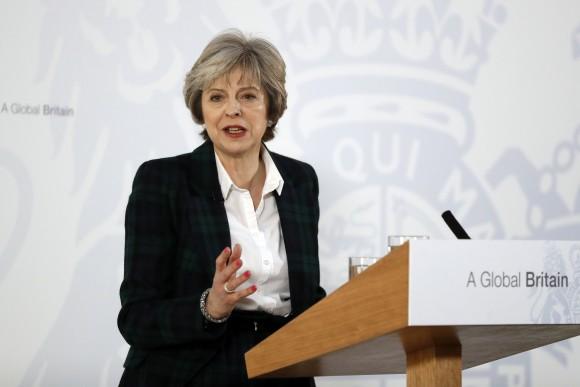BIRMINGHAM, England—Contending with the forces of globalization could be tricky for Britain as it leaves the European Union and begins to engage with a world of business and politics long held at bay by the EU.
Along with a clutch of new trade deals, Brexit will bring legislative upheaval not seen for half a century, with whole industries potentially hanging in the balance as the U.K. sheds EU policies and regulations.
Up for grabs is vital legislation on tariffs, the banking system, employment rights, financial and business regulations, and environmental policies and protections.
For example, the growth of genetically modified products is tightly restricted under current EU regulations. Some are worried the international agriculture firms might lobby to change those regulations to pave the way for large-scale growing of GMO crops on British soil.






